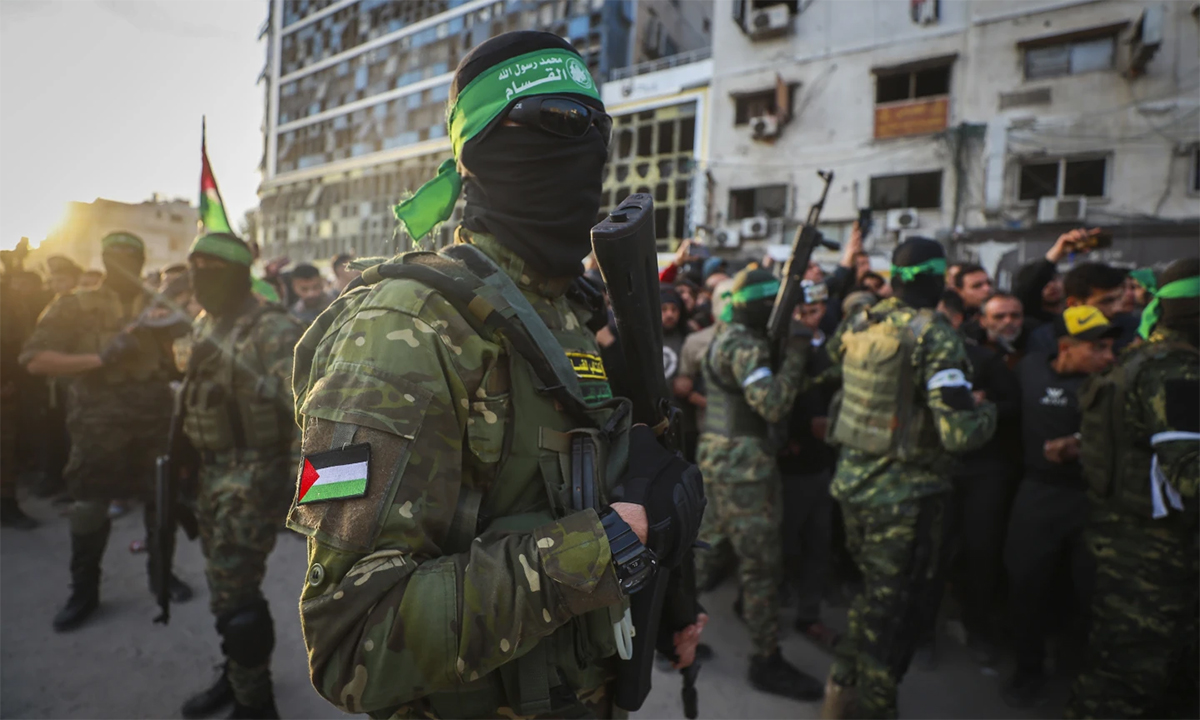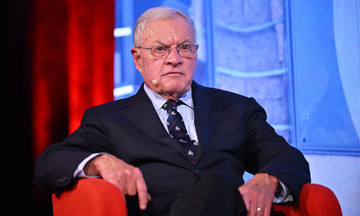On the night of 7/7, a unit of Israeli soldiers from the 97th Netzah Yehuda Battalion was patrolling a road in the Gaza Strip, about 1.5 km from the border, when a remotely detonated bomb exploded, disrupting their formation. As Israeli soldiers arrived to rescue their comrades, two more bombs detonated, and gunmen ambushed them from nearby positions.
Within minutes, 5 Israeli soldiers were killed and 14 injured, some critically.
The attack took place in Beit Hanoun in the northeast Gaza Strip, an area largely considered under the control of the Israel Defense Forces (IDF). Preliminary investigations suggest that Hamas members planted the bombs a day earlier, in an area the IDF believed to be relatively secure.
The ambush highlights Hamas' new guerilla tactics following heavy losses after nearly 21 months of conflict with Israel. Despite being significantly weakened, Hamas retains the ability to launch attacks that inflict casualties on Israeli forces in the Gaza Strip.
The IDF has repeatedly had to return to areas thought to be clear of enemy fighters, setting back their goal of "eradicating Hamas," declared at the start of the conflict.
The Al-Qassam Brigades, Hamas' military wing, said the 7/7 ambush "took place in an area the Israeli army believed was safe after taking all precautions." Hamas claimed it is waging a war of attrition against Israel and "will add more prisoners to the list of those captured" since October 2023.
On 9/7, Hamas fighters attacked two Israeli military bulldozers in Khan Younis. One driver jumped out and attempted to flee but was shot dead. "The fate of the next Israeli soldiers will be better if they become our new prisoners," Hamas stated.
The ongoing Gaza Strip conflict starkly contrasts with the 12-day campaign between Israel and Iran, where the IDF suffered no casualties. Since the end of the conflict with Iran on 24/7, 19 Israeli soldiers have died in the Gaza Strip, including those in the Beit Hanoun ambush.
On the day the ceasefire between Iran and Israel began, a Hamas fighter approached and dropped a self-forming explosively formed penetrator into an IDF armored vehicle in southern Gaza, killing 7 soldiers inside. This was one of the deadliest ambushes against the IDF during the Gaza campaign.
In January, then-IDF Chief of Staff Herzi Halevi announced that the Israeli military had killed 20,000 Hamas members since the conflict began. Israel has also assassinated several senior Hamas leaders and commanders.
However, a senior Israeli defense official said the Gaza militant group recruited new members earlier this year. Israel's Kan News also reported in March that Hamas had added hundreds of new personnel.
Israel Ziv, a retired major general and former head of the IDF Operations Directorate, assesses Hamas as now a loosely structured group capable of swift ambushes. They often use remnants of the tunnel system in the Gaza Strip for movement and concealment.
According to General Ziv, Hamas has studied the IDF's tactics and turned this to their advantage. "They built their fighting style based on the weaknesses of the Israeli army. They do not defend territory; they actively hunt targets," he said.
Meanwhile, the Israeli army is facing manpower shortages, which Hamas can exploit.
"Hamas has transformed into a guerilla force operating in small groups. They have a lot of explosives, mostly from the bombs and ammunition the IDF dropped on the Gaza Strip. They make their own explosive devices, organize ambushes, and gain the upper hand by controlling key points," General Ziv added.
 |
Hamas members in Gaza City, Gaza Strip on 19/1. Photo: _AP_ |
Hamas now operates in a decentralized manner, with independent fighting units, rather than the cohesive command structure Israel previously targeted. An Israeli defense official admitted last month that targeting what remains of Hamas has become more difficult.
Hamas' vast rocket arsenal appears depleted after nearly two years of conflict. However, their ability to move through the rubble of the Gaza Strip and access a large supply of improvised explosive devices from Israeli ordnance is helping them regain strength.
Negotiations continue in Qatar, but the prospect of a ceasefire in the Gaza Strip remains distant. Prime Minister Benjamin Netanyahu declared that Hamas must disarm, relinquish its military capabilities and leadership in the Gaza Strip, or Israel will continue its campaign.
However, Hamas appears unwilling to concede to Israel's demands. "The recent series of ambushes targeting the Israeli army shows that Hamas still maintains some of its strength," observed CNN's Oren Liebermann.
Nguyen Tien (According to _CNN_, _Al Jazeera_, _AP_)












